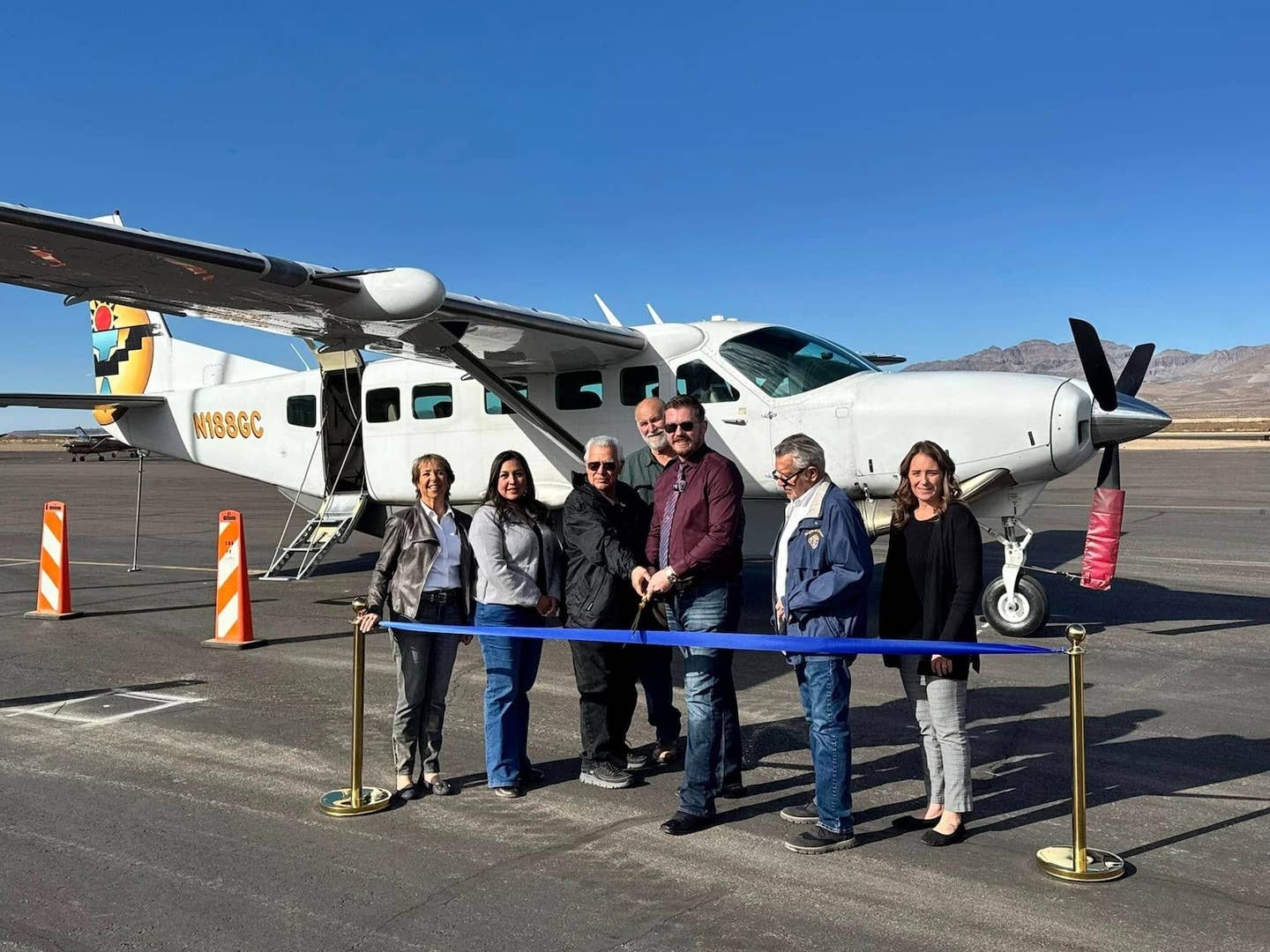
Ed Bolen Courtesy NBAA
The heads of two of the country’s largest and most influential aviation organizations told Congress this week that handing over control of ATC to a corporate board would be tantamount to giving major airlines “unbridled authority” of the air traffic control system.
Speaking at a House Transportation hearing yesterday, NBAA president Ed Bolen said the ATC privatization plan is unacceptable because of the inherent risks it poses to general aviation.
“Our nation’s air traffic control system is a monopoly, and will always remain a monopoly,” Bolen told the committee. “So, the question on the table is, who will control that monopoly – the public’s elected representatives, or a board dominated by big airlines? H.R. 4441 is proposing to give away our monopoly ATC system, free of charge, to the nation’s big airlines. That is a fundamentally flawed idea.”
Part of FAA Reauthorization legislation that also includes third-class medical reform and other provisions GA groups view as positive, the ATC privatization proposal represents a red line that NBAA and EAA say they refuse to cross.
“ATC privatization is simply a bad idea on many levels,” noted EAA head Jack Pelton in submitted testimony. “It will not solve the FAA’s funding dilemma and will create a substantial number of new problems and challenges that would cripple general aviation. Although the bill contains some items that would be beneficial to grassroots aviators, those benefits are overwhelmed by the ominous consequences of a corporatized ATC system without direct federal authority and oversight.”
The ATC plan would set up a nonprofit corporation to run air traffic control and takeover NextGen modernization, but it would be dominated by an airline-controlled board of directors. The proposal doesn’t include user fees for most GA operators, as originally feared, but also provides no guarantee that general aviation interests would be given equal weight under private control.
“Some have asked NBAA and others in general aviation what ‘protections’ we need in order to go along with the plan to give unbridled authority to the airlines,” Bolen said at the hearing. “The very question itself is a tacit acknowledgement that real dangers exist.”

Sign-up for newsletters & special offers!
Get the latest FLYING stories & special offers delivered directly to your inbox






